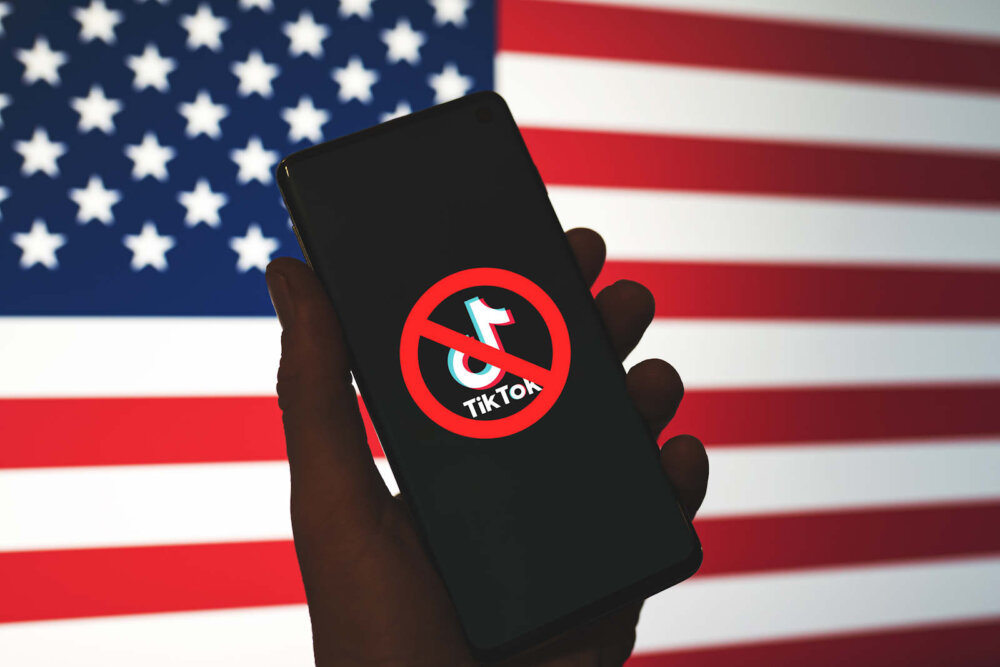
USA’s largest lithium mine is terrible news for sustainability
The USA is preparing to open its largest ever lithium mine, providing millions of tonnes of the precious metal. Metal that will become the batteries of our electrified, sustainable future. Although the huge corporations financing the mining initiative will go dewy eyed whilst evangelising about the lithium-fuelled, carbon-free world they’re creating, their sustainable eco-friendly future is about as green as an atomic bomb.
US mining is set to repeat the same crimes against the environment that were committed during the industrial revolution.
I can understand why American industry is excited about the Thacker Pass Lithium Mine. Currently, the largest sources of lithium are based in Mexico, Australia, Chile and Argentina, so the discovery of around 13.7 million tonnes of tradable lithium near to the Nevada/Oregon border removes the risk and uncertainty associated with import. The owners of the mine can guarantee supply chain security, which is extremely desirable and phenomenally profitable, as the demand for lithium continues to exceed the supply.
Such is the excitement for Thacker Pass lithium that General Motors has sunk $650 million to ensure it gets priority of the lithium supply. It will need as much of the metal as possible to convince millions to do their bit for global warming and ditch their gas-guzzling vehicles to embrace the new clean green future with a shiny EV.
Lithium, the hidden cost
Look behind the shiny sales brochures, however, and you’ll spot that it’s the same old message, printed large in the new fashionable font, ‘Gullible-Greenwash’.
Lithium doesn’t grow on trees. The mining process required to extract the Thacker Pass lithium requires millions of tonnes of water before they can leach the lithium out using industrial vats of sulphuric acid.
If that doesn’t sound green — and it isn’t — then I’ve got more bad news. Mine tailings (mining waste) contain countless toxic substances and when it’s stored the risks of contaminants blowing away on the wind or leaching into water sources are very real. Because when I say “stored”, they’re usually bulldozed into a large, artificial hill.
America has form here. The US Government-backed Superfund scheme spends roughly $1.2 billion annually on trying to remediate hazardous waste from improperly managed manufacturing sites, including mining.
Let me just underline that this is the US taxpayer paying to remediate the crimes of multi-billion dollar mining corporations.
Don’t fall for the green hype
Once again, I can see big corporations trying to shill their latest products by telling us that our old ones are killing the planet. There’s no denying that an EV produces fewer emissions than a petroleum-powered vehicle, but do you know what’s usually better for the environment than shiny new eco-products? It’s old stuff.
Global manufacturing accounts for over 50% of the planet’s carbon emissions, so the answer to our common quandary of how to buy sustainably is to not buy something new.
I see the Thacker Pass Mine as a geological miracle, but it’s as much of a sustainability win as a tyre fire. We’re already surrounded by sources of lithium that we don’t reuse. Your phone, tablet, earbuds, remote controls and smart speakers are packed with it. But when you discard your old devices, they’ll be crushed, shredded and burned, which results in a different environmental hazard but critically, no lithium to reuse.
We’re a long way from a mineless world and lithium is currently the new gold. What I want to see is mega-corps like GM investing in schemes to extract the lithium from the products we already own. It’s archaic, capitalist greed-thinking for manufacturers to believe it’s acceptable to wreak environmental hell to mine elements, whilst giving no consideration of how these limited resources can be retrieved from the short-lifespan products that manufacturers spend millions persuading us to buy.
Read more about sustainability on TechFinitive:
NEXT UP

Slow buyers cause tech firms to rethink sales approaches as tough Q1 hits home
New research suggests tech sales were slow in Q1, with buyers of technology and professional services taking their time before committing to any solutions.

ByteDance says it has no plans to sell TikTok and refuses to bow to US pressure
ByteDance, the Chinese company that owns TikTok, stated that it “doesn’t have any plans to sell TikTok” on Toutiao, a social media platform that it also happens to own.

Solace Kidisil, Group COO of Nsano: “The difference between traditional finance and fintech is the questions we ask”
We interview Solace Kidisil, Group COO of Nsano, a fintech company from Ghana, offering digital payment solutions across Africa